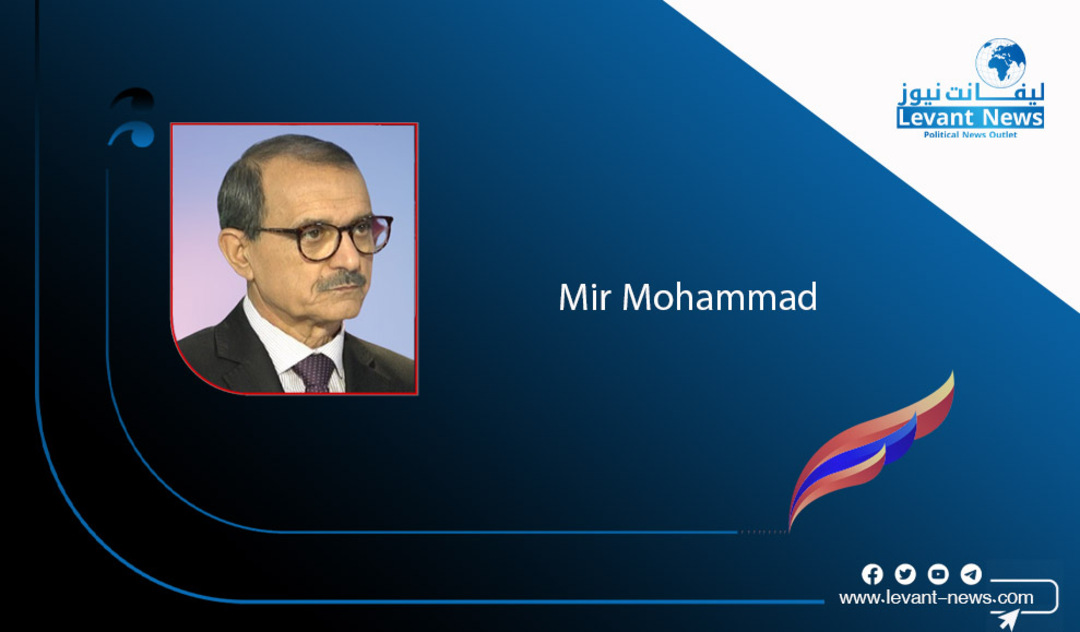-
Attempt by the Iranian Regime to Deceive the International Community on the Nuclear Issue

The Iranian nuclear file has long been one of the primary challenges on the international stage. From the early days of IAEA inspectors' activities in Iran, the ruling regime has tirelessly sought to conceal the true nature of its nuclear program by creating obstacles and providing limited, misleading information. This deceptive approach, repeatedly emphasized by Maryam Rajavi, the elected President of the National Council of Resistance of Iran (NCRI), calling for strict and ongoing international oversight of all nuclear facilities under the regime, is now entering a new phase amid increasing European pressures to activate the "Trigger Mechanism" and reimpose international sanctions.
Record of Nuclear Deception and the Need for Precise Oversight:
Over the past years, Iran's regime has consistently attempted to hide its suspicious nuclear activities and to provide false information to international inspectors, aiming to achieve hidden goals in this domain. Maryam Rajavi’s repeated calls for meticulous and comprehensive monitoring of all nuclear sites, including military facilities, stem from the Iranian resistance's deep understanding of this regime's deceitful methods. Recent statements by U.S. officials, including Secretary of State Marco Rubio, emphasizing the need for inspectors' access to all sites and field surveillance to verify Iran's commitments, corroborate these concerns and warnings issued by the Iranian resistance. Western policies of appeasement over the years have allowed this regime to continue its clandestine activities and deceive the international community.
**European Pressure and Iranian Diplomatic Efforts:**
As Iran faces increased internal and external pressures, European countries, noting the lack of progress in nuclear negotiations and concerned about Iran’s continued suspicious activities, are increasingly emphasizing the activation of the "Trigger Mechanism." The recent statements by the French Foreign Minister at the UN Security Council, affirming France’s readiness to reimpose international sanctions if tangible results are not achieved in negotiations, indicate Europe’s seriousness in this matter. Activating this mechanism would isolate Iran fully on the international stage and deal a severe blow to its faltering economy.
In response to these pressures, the Iranian regime has launched extensive diplomatic efforts to prevent the activation of the Trigger Mechanism. Proposals for an emergency meeting with the European Troika in Rome, along with repeated messages from Abbas Araghchi, the regime’s Foreign Minister and head of the nuclear negotiation team with the U.S., to European capitals, reflect Tehran's deep concern about this scenario. However, these efforts, marked by desperate and threatening language, have yet to produce concrete results. Moreover, threats from the regime to withdraw from the Nuclear Non-Proliferation Treaty (NPT) if the Trigger Mechanism is activated underscore the depth of the crisis the regime faces.
In this context, the European Union announced on Friday, May 2nd, at the conclusion of the Third Committee on Nuclear Non-Proliferation, in a statement:
“Ensuring that the Iranian regime does not acquire nuclear weapons remains a key security priority for the European Union. We reaffirm Iran’s legally binding commitments under the Nuclear Non-Proliferation Treaty (NPT), which are essential for global non-proliferation efforts. We call on all states to ensure the implementation of UN Security Council Resolution 2231.”
**Summary:**
The history of Iran’s nuclear behavior and its repeated attempts to deceive the international community show that the only way to prevent this regime from acquiring nuclear weapons is through decisive pressure and full implementation of UN Security Council resolutions. Activating the "Trigger Mechanism" in Resolution 2231 and re-enforcing the six previous resolutions aimed at limiting Iran's suspicious nuclear activities are the only paths to guarantee international peace and security in the face of this regime’s threats. As Maryam Rajavi warned ten years ago, any non-inclusive agreement lacking strong enforcement guarantees will not prevent the Iranian regime from obtaining a nuclear bomb.
Mir Mohammedi
Tags
You May Also Like
Popular Posts
Caricature
opinion
Report
ads
Newsletter
Subscribe to our mailing list to get the new updates!




















